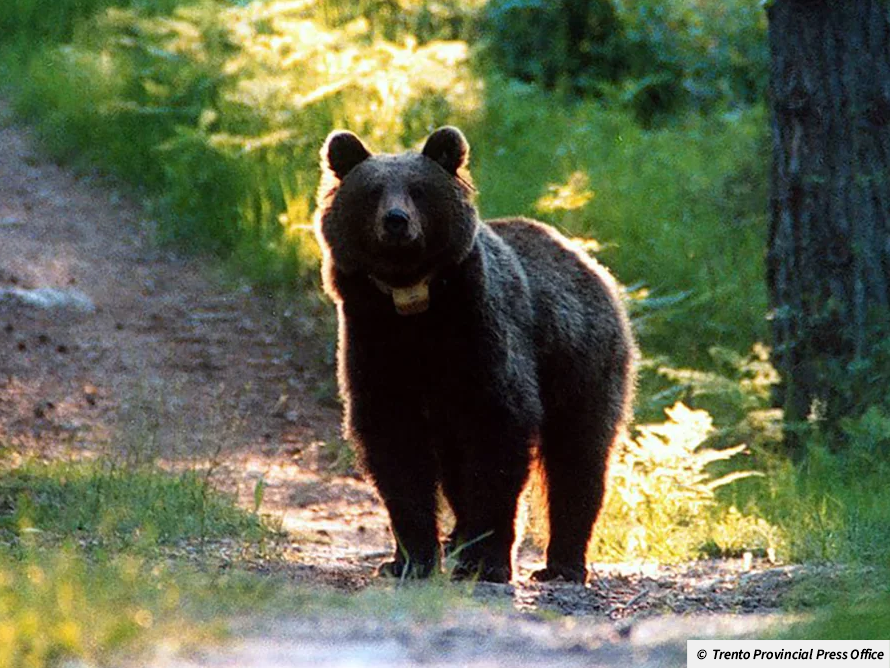Has rewilding gone too far? The death of an Italian jogger has renewed controversy over a programme to restore Europe’s bear population for the sake of the environment.
Tragedy in the Alps as bear kills runner
 Rare bear: The last bears in Britain died out between 1,500 and 3,000 years ago.
Rare bear: The last bears in Britain died out between 1,500 and 3,000 years ago. Glossary
Dolomites - A mountain range in northeastern Italy.
Slovenia - A country in Central Europe with a population of just over 2 million.
